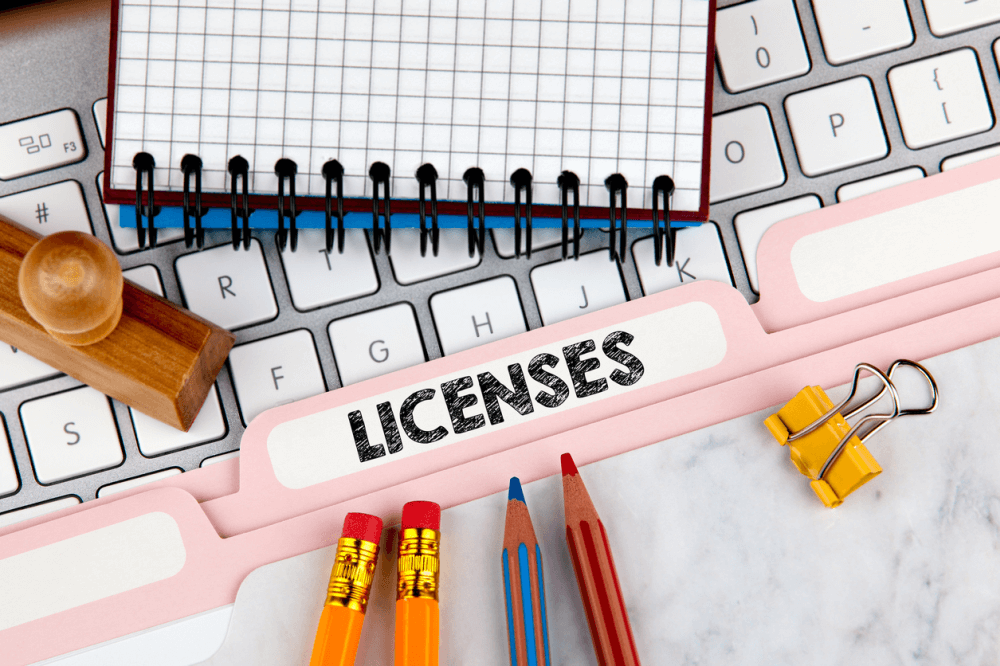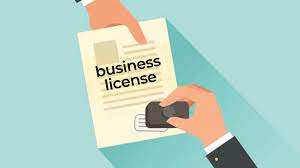 Manufacturing Business license
Manufacturing Business license

Introduction
A business license is a crucial legal requirement for any enterprise, including manufacturing businesses. It serves as an official authorization to conduct business within a specific jurisdiction and ensures compliance with local, state, and federal regulations. For manufacturing companies, obtaining a business license is essential for maintaining operations without legal hindrances. This article explores the significance of a business license for manufacturing, the application process, benefits, limitations, and a comparative overview of different licensing requirements across various regions.
Definition of a Business License for Manufacturing
A business license for manufacturing is a permit issued by government authorities that allows a company to engage in the production and distribution of goods. This license ensures that the company adheres to industry standards, safety regulations, environmental guidelines, and taxation policies. Depending on the location and nature of manufacturing, different types of licenses may be required, including zoning permits, environmental clearances, and industry-specific certifications.
Application Process
The process of obtaining a manufacturing business license varies by location and industry. However, the general steps typically include:
- Determine Licensing Requirements – Research the necessary licenses and permits required in the specific jurisdiction.
- Business Registration – Register the business with the appropriate government agency.
- Prepare Documentation – Gather necessary documents such as tax identification numbers, safety compliance certificates, and environmental impact assessments.
- Submit Application – File the application with the local, state, or federal licensing authority along with the required fees.
- Inspection and Approval – Authorities may conduct inspections to ensure compliance with regulations before granting approval.
- Renewal and Compliance – Many business licenses require periodic renewal and compliance with ongoing regulations.
Benefits of a Business License for Manufacturing
- Legal Authorization – Provides official permission to operate without the risk of penalties or shutdowns.
- Consumer Trust – Enhances credibility and builds consumer confidence in the business.
- Regulatory Compliance – Ensures adherence to safety, health, and environmental regulations.
- Access to Financial Support – Many financial institutions require a valid business license before granting loans or funding.
- Market Expansion – Enables businesses to operate in multiple locations or enter international markets legally.
Limitations of a Business License for Manufacturing
- Costly Application Fees – Licensing fees and renewal costs can be expensive.
- Complex Procedures – The application process can be time-consuming and require extensive documentation.
- Regulatory Changes – Businesses must stay updated with evolving regulations to maintain compliance.
- Inspection and Compliance Burdens – Frequent inspections and compliance audits may be required, adding to operational complexities.
- Potential Business Restrictions – Certain licenses may impose limitations on production capacity, environmental impact, or location.
Comparative Table: Licensing Requirements Across Regions
| Aspect | United States | European Union | India | China |
|---|---|---|---|---|
| Licensing Authority | State and Federal Agencies | European Commission & National Bodies | Ministry of Corporate Affairs & Local Authorities | State Administration for Market Regulation (SAMR) |
| Application Timeframe | 2-6 months | 3-8 months | 2-4 months | 1-6 months |
| Key Requirements | Business registration, zoning permits, environmental clearance | Industry compliance, safety standards, VAT registration | GST registration, pollution control clearance | Business license, product quality certifications |
| Cost Range | $500 – $10,000 | €500 – €15,000 | INR 10,000 – INR 500,000 | ¥5,000 – ¥50,000 |
| Renewal Frequency | Annually or Biennially | Varies by country | Every 1-5 years | Annually |
Conclusion
A business license for manufacturing is an indispensable requirement for ensuring legal compliance, operational efficiency, and market credibility. While the licensing process may involve challenges such as high costs and complex procedures, the benefits far outweigh the limitations. By understanding the specific requirements in their region, manufacturers can successfully obtain and maintain their licenses, fostering sustainable and lawful business growth. Entrepreneurs and businesses must stay informed about regulatory changes and seek professional guidance when necessary to ensure seamless compliance with licensing laws.
FAQs
1. What is a business license for manufacturing?
- A business license for manufacturing is a legal permit required to operate a manufacturing business.
2. Why do I need a business license for manufacturing?
- A license ensures your business meets regulatory requirements, operates legally, and maintains safety and environmental standards.
3. Where can I apply for a manufacturing business license?
- You can apply through your local government offices, city hall, or relevant state departments, depending on the location of your business.
4. What documents are required to apply for a business license?
- Common documents include business registration forms, tax ID numbers, proof of business address, and sometimes environmental or zoning permits.
5. How long does it take to get a manufacturing business license?
- It typically takes a few days to a few weeks, depending on the complexity of your business and local processing times.
6. Is there a fee for getting a manufacturing license?
- Yes, there is usually a fee, and the cost varies by location and the type of manufacturing business.
7. Do I need any additional permits besides a business license?
- Yes, manufacturing businesses may require environmental, health, safety, and zoning permits depending on the products you make and your location.
8. How often do I need to renew my business license?
- Business licenses usually need to be renewed annually or biennially, but this can vary based on local regulations.
9. What happens if I don’t get a business license?
- Operating without a license can lead to fines, penalties, or even closure of your business by local authorities.
10. Can I operate my manufacturing business from home?
- It depends on local zoning laws. Some areas may allow small-scale manufacturing from home, while others may require a dedicated facility.
To visit https://www.mca.gov.in
To Visit https://www.incometax.gov.in/
Contact: 8130555124, 8130045124
Whatsapp: https://wa.me/918130555124
Mail ID: operations@vibrantfinserv.com
Web Link: https://vibrantfinserv.com
FB Link: https://fb.me/vibrantfinserv
Insta Link: https://www.instagram.com/vibrantfinserv2/
Twitter: https://twitter.com/VibrantFinserv
Linkedin: https://www.linkedin.com/in/vibrant-finserv-62566a259/

